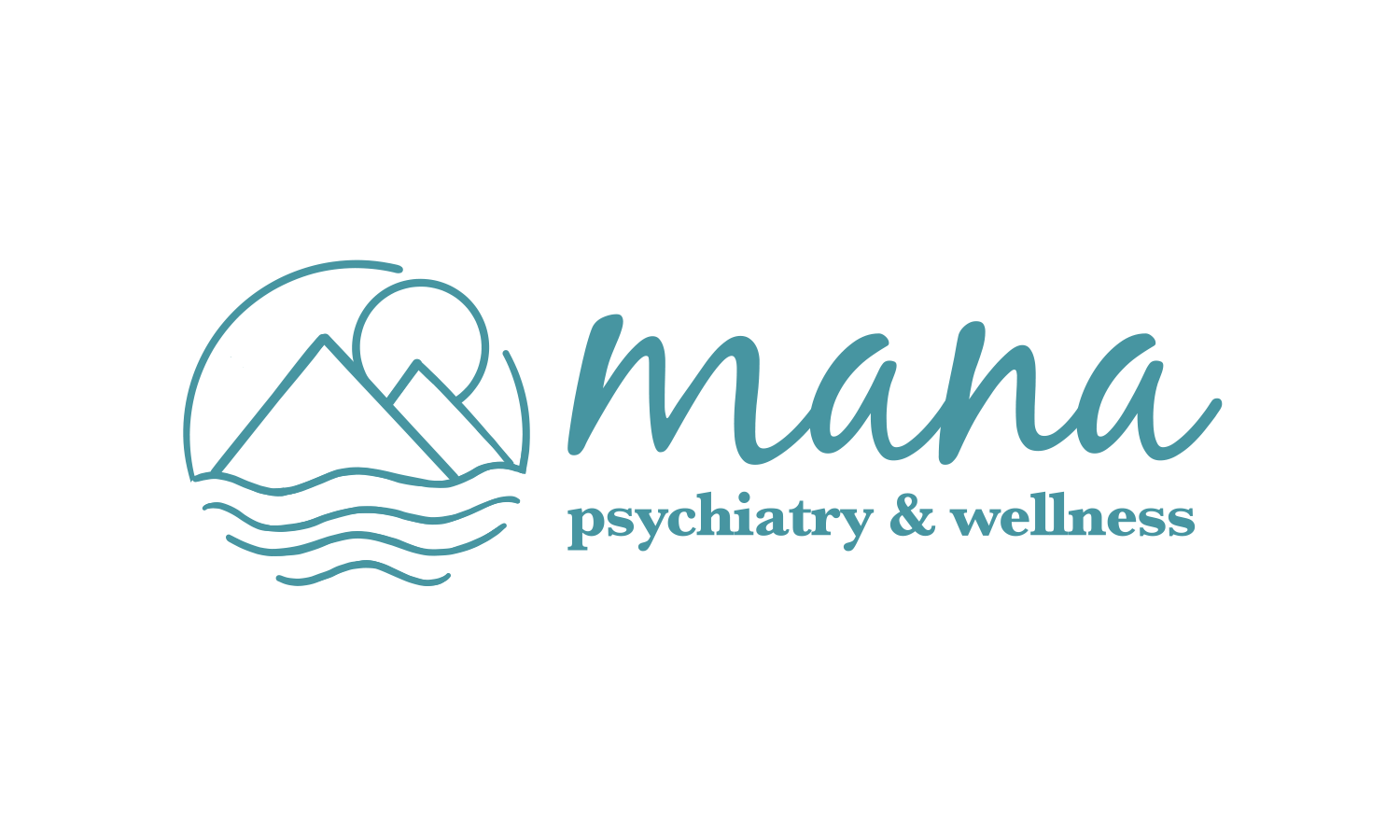
Child Mental Health
“I believe in utilizing a holistic, strength-based approach and recognize the importance of parents/caregivers to convey unconditional love and acceptance.”
Every child is unique with their own individual strengths and/or weaknesses. Nearly 1 in 5 children have a mental, emotional, or behavioral disorder, such as anxiety or depression, attention-deficit/hyperactivity disorder (ADHD), disruptive behavior disorder, and Tourette syndrome.
Mental health problems in early childhood are the single strongest longitudinal predictors of mental health throughout the lifespan. Children with these disorders benefit from early diagnosis and treatment, yet it can be challenging for some families to get mental health care for their children. If left untreated, these problems can persist throughout childhood and into adulthood.
In children, mental health problems most commonly manifest as externalizing and/or internalizing behaviors. Externalizing problems may include oppositional defiance and aggression, while internalizing problems may include anxiety and/or depression. These behaviors can adversely impact both the family and the child’s social and emotional development.
Child and Adolescent Psychiatry is a specialty that develops and applies scientific knowledge to the delivery of mental health services for children and adolescents, which requires specialized training well beyond school and internships, as well as a multimodal approach. As a Psychiatric Nurse Practitioner, I have received advanced training and education in development, physical and mental health conditions, integration, and implementation of care, psychopharmacology, and psychotherapy. As part of a comprehensive evaluation, we will obtain information regarding your child’s social, emotional, developmental/educational, and psychiatric history, while taking into consideration your child’s medical and family (genetic) histories as well as environmental factors that may be contributing factors.
I believe in utilizing a holistic, strength-based approach and recognize the importance of parents/caregivers to convey unconditional love and acceptance which includes identifying and fostering a child’s individual strengths. Treatment recommendations may include a combination of therapy, behavioral management strategies (at home and in school), and, in some cases, judicious use of medication if indicated.

